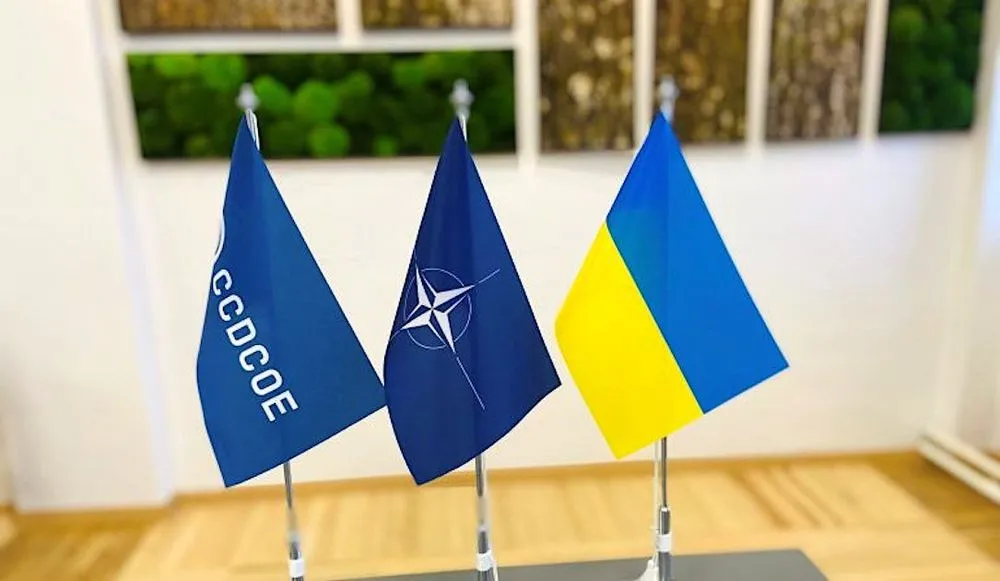Ukraine, Ireland, Iceland and Japan officially join NATO’s cyber defense center
The flags of Ukraine, the Republic of Ireland, Iceland and Japan were hoisted in Tallinn, Estonia, on Tuesday as the four nations officially joined NATO’s Cooperative Cyber Defense Center of Excellence (CCDCOE).
The CCDCOE was founded in 2008, a few years after Estonia joined NATO, in the wake of a wave of cyberattacks targeting the country when it relocated a Soviet war memorial from the center of the capital Tallinn to a military cemetery a few kilometers away.
The digital attempts to hobble the country were groundbreaking. They showed what a nation could face as a result of cyber hostilities and prompted a major research effort into cyberwarfare at NATO, which resulted in the creation of the center of excellence as well as the Tallinn Manual, examining how international law applied to cyber conflict.
As of its 15th anniversary on Tuesday, the CCDCOE is an accredited international military organization with more than 30 NATO members, as well as participation from other democratic countries including Australia, South Korea and Switzerland. Iceland is a NATO member, although it doesn’t have a standing army, the other three new CCDCOE members are not in the military alliance.
Mart Norma, the organization’s director, said he was “truly grateful that Ireland, Iceland, Japan, and Ukraine have decided to join us” and said the CCDCOE was “delighted to have like-minded nations sharing cyber knowledge and exchanging methods to systematically address cyber attacks.”
Ukraine received particular welcome from Hanno Pevkur, Estonia’s minister of defense, who said its membership “offers a unique opportunity to simultaneously contribute to Ukraine’s defence in Russia’s brutal war and learn from the cyber battlefield to improve the cyber security of all members.”
Alexander Martin
is the UK Editor for Recorded Future News. He was previously a technology reporter for Sky News and a fellow at the European Cyber Conflict Research Initiative, now Virtual Routes. He can be reached securely using Signal on: AlexanderMartin.79



